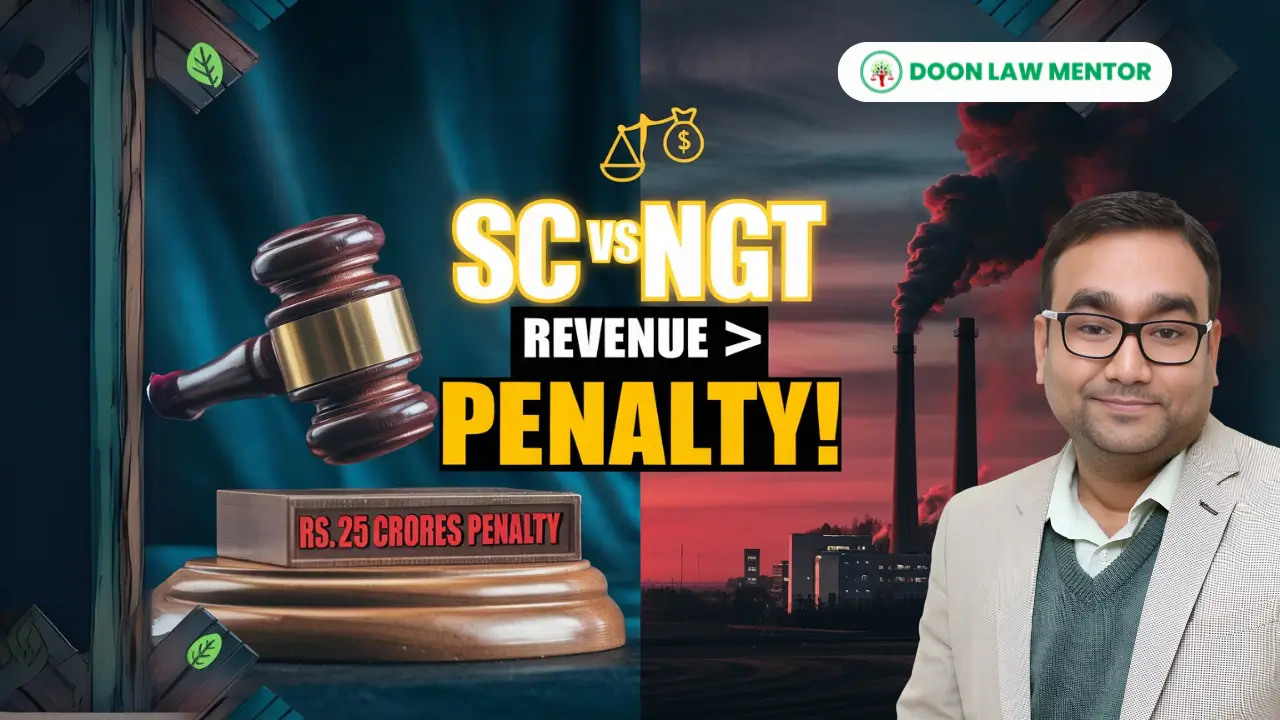Introduction
The role of lawyers in promoting access to justice is fundamental to ensuring that legal systems worldwide remain fair, equitable, and accessible to all individuals, regardless of their socio-economic status. Lawyers serve as the bridge between the law and the people, providing essential services that help maintain the rule of law, protect individual rights, and ensure that justice is not only available but also achievable. This blog post explores the various ways in which lawyers contribute to promoting access to justice, including their involvement in legal aid, pro bono work, public interest law, and advocacy for legal reforms.
Table of Contents
1. Understanding Access to Justice
1.1 What is Access to Justice?
Access to justice refers to the ability of individuals to seek and obtain a remedy through formal or informal institutions of justice for grievances in compliance with human rights standards. It encompasses several elements, including legal awareness, the availability of legal services, the fairness of proceedings, and the effectiveness of legal remedies.
1.2 Importance of Access to Justice
Access to justice is a fundamental human right and a key component of the rule of law. It ensures that individuals can protect their rights, hold those in power accountable, and resolve disputes fairly and efficiently. Without access to justice, vulnerable populations are at risk of exploitation, discrimination, and abuse, leading to a breakdown of social order and trust in the legal system.
2. The Role of Lawyers in Promoting Access to Justice
Lawyers play a crucial role in promoting access to justice by providing legal representation, advocating for legal reforms, offering pro bono services, and supporting public interest litigation. Here are some of the key ways lawyers contribute to ensuring that justice is accessible to all:
2.1 Providing Legal Representation
2.1.1 Defending the Rights of Individuals
One of the primary roles of lawyers is to represent individuals in legal proceedings, ensuring that their rights are protected and that they receive a fair trial. This includes providing counsel to defendants in criminal cases, representing clients in civil disputes, and advocating for the rights of marginalized groups.
Example: Public Defenders in the United States
In the United States, public defenders play a critical role in ensuring access to justice for individuals who cannot afford private legal representation. Public defenders are appointed to represent defendants in criminal cases, providing legal assistance and ensuring that their rights are upheld throughout the judicial process. More information about the role of public defenders can be found on the National Association for Public Defense website.
2.1.2 Assisting with Civil Legal Matters
Lawyers also provide representation in civil legal matters, such as family law, housing disputes, and employment issues. By offering legal advice and representation, lawyers help individuals navigate the complexities of the legal system and seek remedies for their grievances.
Example: Legal Aid Services in the UK
In the UK, legal aid services provide free or low-cost legal assistance to individuals who cannot afford to pay for a lawyer. Legal aid is available for various civil matters, including housing, family law, and immigration. The Legal Aid Agency oversees the provision of legal aid in England and Wales, ensuring that vulnerable individuals have access to legal representation.
2.2 Offering Pro Bono Services
2.2.1 Importance of Pro Bono Work
Pro bono work refers to legal services provided by lawyers voluntarily and without charge to individuals who cannot afford legal representation. Pro bono work is an essential component of promoting access to justice, as it helps bridge the gap between those who need legal assistance and those who can afford to pay for it.
2.2.2 Examples of Pro Bono Initiatives
Many law firms and legal organizations have established pro bono programs to encourage lawyers to volunteer their time and expertise to help those in need. For example, the Pro Bono Institute provides resources and support to law firms, corporations, and other legal entities to develop and expand pro bono efforts. The organization’s website offers more information about pro bono initiatives and their impact on access to justice.
2.3 Supporting Public Interest Law
2.3.1 Advocacy for Social Justice
Public interest law focuses on advocating for legal and social reforms that benefit society as a whole, particularly marginalized and underserved communities. Lawyers working in public interest law address issues such as civil rights, environmental justice, and consumer protection, using the law as a tool to promote social change.
Example: The Role of Civil Rights Lawyers
Civil rights lawyers play a vital role in fighting against discrimination and promoting equality. They represent clients in cases involving discrimination based on race, gender, sexual orientation, and disability, among other factors. Organizations like the American Civil Liberties Union (ACLU) advocate for civil liberties and human rights, providing legal representation and support in high-impact cases. More information about the ACLU’s work can be found on their website.
2.3.2 Public Interest Litigation
Public interest litigation (PIL) is a legal strategy that allows individuals or organizations to file lawsuits on behalf of the public to address issues that affect society as a whole. PIL is often used to challenge government policies or actions that violate constitutional rights or public interests.
Example: Public Interest Litigation in India
In India, public interest litigation has been a powerful tool for social change. The Supreme Court of India has allowed individuals and organizations to file PILs to address issues such as environmental protection, human rights violations, and corruption. The National Legal Services Authority (NALSA) provides resources and support for public interest litigation in India, promoting access to justice for marginalized communities.
2.4 Advocating for Legal Reforms
2.4.1 Promoting Fairness and Equity in the Legal System
Lawyers play a crucial role in advocating for legal reforms that promote fairness, equity, and access to justice. By engaging in policy advocacy, participating in law reform commissions, and working with legislators, lawyers help shape laws and policies that better serve the needs of all individuals, particularly the disadvantaged.
2.4.2 Examples of Legal Reform Efforts
Legal reform efforts can focus on various issues, such as simplifying legal procedures, improving access to legal information, and enhancing protections for vulnerable populations. For example, the Law Commission of India regularly reviews and recommends legal reforms to improve the legal system’s efficiency and accessibility. Information on the Law Commission’s work and reports can be found on their official website.
3. Challenges Faced by Lawyers in Promoting Access to Justice
While lawyers play a vital role in promoting access to justice, they also face several challenges that can hinder their efforts:
3.1 Limited Resources and Funding
Many legal aid organizations and public interest law firms operate with limited resources and funding, making it challenging to provide comprehensive legal services to all those in need. This can result in long waiting times, limited availability of services, and difficulty in reaching underserved communities.
3.2 Barriers to Accessing Legal Services
Barriers such as geographic location, language, and cultural differences can prevent individuals from accessing legal services. Lawyers must work to overcome these barriers by providing services in multiple languages, offering remote consultations, and partnering with community organizations to reach marginalized populations.
3.3 Lack of Awareness and Legal Literacy
Many individuals are unaware of their legal rights or how to access legal services, which can prevent them from seeking justice. Lawyers can play a crucial role in raising awareness and promoting legal literacy through community education programs, workshops, and outreach initiatives.
3.4 Challenges in the Legal System
The complexity of the legal system, procedural delays, and the high cost of litigation can create additional obstacles for individuals seeking justice. Lawyers must advocate for reforms that simplify legal procedures, reduce delays, and make legal services more affordable and accessible.
4. The Way Forward: Enhancing Access to Justice
To enhance access to justice, lawyers and legal organizations can take several steps:
4.1 Expanding Pro Bono and Legal Aid Services
Expanding pro bono and legal aid services is essential for reaching more individuals in need of legal assistance. Law firms and legal organizations should encourage lawyers to participate in pro bono work and support initiatives that provide free or low-cost legal services.
4.2 Promoting Legal Literacy and Awareness
Lawyers can promote legal literacy and awareness by engaging in community education programs, offering free legal clinics, and providing accessible legal information online. By empowering individuals with knowledge of their rights and how to access legal services, lawyers can help bridge the justice gap.
4.3 Advocating for Legal Reforms
Lawyers should continue to advocate for legal reforms that enhance access to justice, such as simplifying legal procedures, reducing litigation costs, and expanding legal aid programs. By working with policymakers, legislators, and civil society organizations, lawyers can help create a more just and equitable legal system.
4.4 Leveraging Technology to Enhance Access to Justice
Technology can play a significant role in enhancing access to justice by making legal services more accessible and affordable. Online legal platforms, virtual consultations, and digital legal resources can help bridge the gap between individuals and the legal system, particularly in remote or underserved areas.
Example: Online Legal Platforms in India
Platforms like MyAdvo and LawRato provide online legal services in India, offering access to experienced lawyers, legal advice, and document preparation services. These platforms help make legal services more accessible to individuals who may not have the means or opportunity to consult a lawyer in person.
5. Conclusion
The role of lawyers in promoting access to justice is essential for ensuring that all individuals have the opportunity to seek and obtain legal remedies for their grievances. By providing legal representation, offering pro bono services, supporting public interest law, and advocating for legal reforms, lawyers help create a more just and equitable society. Despite the challenges they face, lawyers remain committed to upholding the rule of law and ensuring that justice is accessible to everyone, regardless of their background or circumstances.
FAQs
1. Why is access to justice important?
- Access to justice is important because it ensures that individuals can protect their rights, seek remedies for grievances, and hold those in power accountable. It is a fundamental human right and a key component of the rule of law.
2. How do lawyers promote access to justice?
- Lawyers promote access to justice by providing legal representation, offering pro bono services, supporting public interest litigation, advocating for legal reforms, and raising awareness about legal rights.
3. What are pro bono services, and why are they important?
- Pro bono services are legal services provided voluntarily and without charge by lawyers to individuals who cannot afford legal representation. They are important because they help bridge the gap between those who need legal assistance and those who can afford to pay for it.
4. What is public interest litigation, and how does it promote access to justice?
- Public interest litigation (PIL) is a legal strategy that allows individuals or organizations to file lawsuits on behalf of the public to address issues that affect society as a whole. PIL promotes access to justice by challenging government policies or actions that violate constitutional rights or public interests.
5. How can technology enhance access to justice?
- Technology can enhance access to justice by making legal services more accessible and affordable. Online legal platforms, virtual consultations, and digital legal resources can help bridge the gap between individuals and the legal system, particularly in remote or underserved areas.
#AccessToJustice #Lawyers #LegalRepresentation #ProBono #PublicInterestLaw #LegalAid #JusticeForAll #DoonLawMentor






3 Comments
I don’t think the title of your article matches the content lol. Just kidding, mainly because I had some doubts after reading the article. https://www.binance.com/pl/register?ref=YY80CKRN
I don’t think the title of your article matches the content lol. Just kidding, mainly because I had some doubts after reading the article.
Your point of view caught my eye and was very interesting. Thanks. I have a question for you.